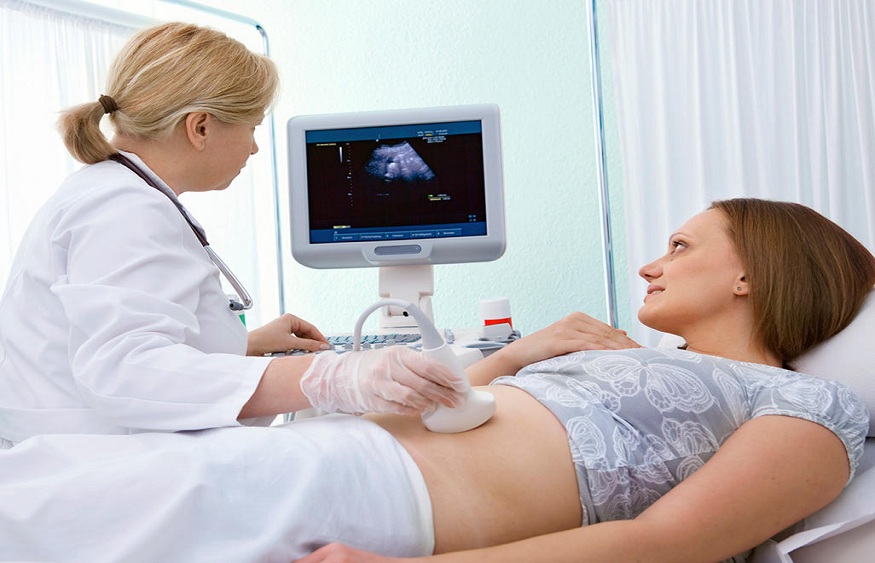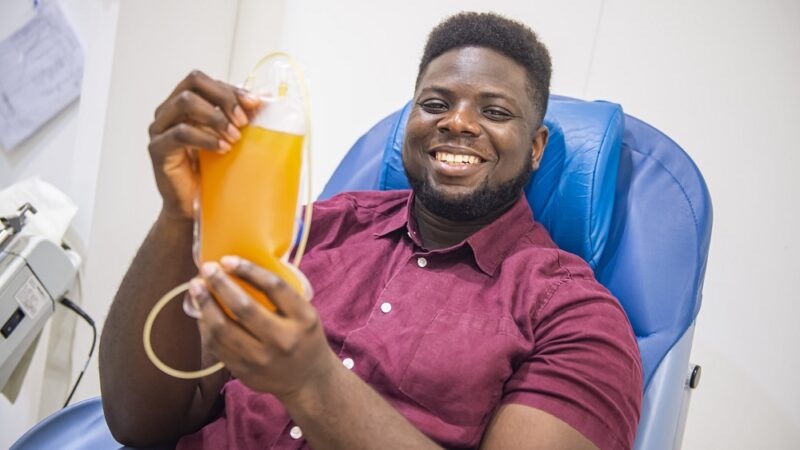Down Syndrome Tests: What You Need to Know

Pregnancy is a beautiful time full of excitement and joy. As expectant parents, you want the best for your baby and hope for a healthy and happy future. However, there are certain conditions that need additional attention. Down syndrome is one such condition that affects babies. Fortunately, several tests can determine the chances of Down Syndrome during pregnancy. This blog will discuss Down syndrome tests, their types, and what you need to know as expectant parents.
What are Down syndrome tests?
Down syndrome tests are prenatal medical procedures that detect chromosomal abnormalities, particularly trisomy 21, which causes Down syndrome. This genetic condition affects an individual’s developmental, cognitive, and physical health. While Down syndrome cannot be cured, early diagnosis and intervention can enhance the quality of life for individuals with the condition.
There are two main types of tests available for detecting Down syndrome during pregnancy:
1. Screening Tests
Screening tests are routine assessments usually offered to pregnant women as a part of their prenatal care. They evaluate the likelihood of a mother carrying a baby with Down syndrome, allowing parents to make informed decisions about further diagnostic tests. These tests consider factors such as maternal age, hormone levels, and ultrasound measurements to determine the probability of Down syndrome. There are primarily two types of screening tests, including:
2. The First Trimester Combined Test
The first trimester combined test is a screening procedure that estimates the chances of Down syndrome and other chromosomal abnormalities in the baby developing inside the mother’s womb. It consists of two steps:
- Blood Test: The blood test measures the two substances in the mother’s blood. The first substance is pregnancy-associated plasma protein-A (PAPP-A), and the second is the pregnancy hormone called human chorionic gonadotropin (HCG). Abnormal levels of these substances may suggest a potential issue with the baby.
- Nuchal Translucency Test: In this step, a pregnancy scan measures the thickness of the nuchal translucency, a specific area at the back of the baby’s neck filled with fluid. If the baby has Down syndrome, this area accumulates more fluid than usual.
- Integrated Screening Test: The integrated screening test is a comprehensive procedure performed in two parts during pregnancy’s first and second trimesters. These two parts are combined to determine the baby’s risk for Down syndrome.
- First Trimester: The first-trimester screening involves two steps. The first step is a blood test to measure the level of PAPP-A, and the second step is a pregnancy scan that measures the thickness of nuchal translucency.
- Second Trimester: The second trimester of this screening includes the quadruple test, a type of blood test performed between 15 and 20 weeks of pregnancy. This test measures the levels of four pregnancy-related substances, including alpha-fetoprotein (AFP), estriol, human chorionic gonadotropin (HCG), and inhibin A.
3. Diagnostic Tests
If the initial screening test suggests an increased risk of Down syndrome, a doctor may recommend further diagnostic tests to confirm the diagnosis. While these tests provide a conclusive result, they do carry a slightly higher risk of miscarriage (pregnancy loss) compared to screening tests. Some diagnostic tests include the following:
4. Chorionic Villus Sampling (CVS)
CVS involves extracting a small tissue sample from the placenta (the organ that develops within the uterus to provide nutrients and oxygen to the fetus) to analyze fetal chromosomes. This test is performed in the first trimester, usually between 10 and 13 weeks of pregnancy, and accurately diagnoses Down syndrome. However, there is a small risk of miscarriage associated with CVS.
5. Amniocentesis
Amniocentesis involves taking a small amount of amniotic fluid surrounding the fetus through a needle for genetic testing. The test is conducted during the second trimester, typically between 15 and 20 weeks of pregnancy. Like CVS, amniocentesis carries a small risk of miscarriage.
Why do pregnant women need a Down syndrome test?
A doctor may recommend a Down syndrome test to women during pregnancy if they have a high risk of carrying a baby with Down syndrome. High-risk factors include:
- Being 35 or older (the risk of Down syndrome increases with age)
- Having a previous child or pregnancy with Down syndrome
- Having a family history of Down syndrome
- Detecting possible signs of Down syndrome in a pregnancy scan
A woman can consider undergoing a Down syndrome test even if the risk of her having a baby with the condition is not high. However, it is essential to consult a doctor to understand the test’s benefits and side effects before making a decision.
What if the results of Down syndrome tests are positive?
A positive Down syndrome test result suggests a higher risk of the baby having the condition. However, it is essential to note that high risk doesn’t mean the baby will have Down syndrome.
A mother can still deliver a healthy baby without chromosomal defects or disorders. Consult a doctor to understand the implications and explore further diagnostic options.
Take Away
Down syndrome tests help determine the risk of having a baby with a chromosomal condition. If you want to learn more about Down syndrome or have concerns, we recommend scheduling an appointment at Apollo Cradle & Children’s Hospital. Their experts can ensure you receive correct guidance and support.






